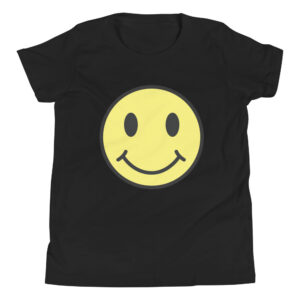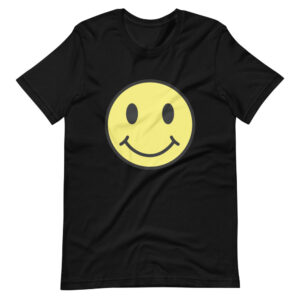The Cultural Forces Shaping Modern Streetwear
Streetwear is more than just a fashion trend; it is a global cultural movement that reflects creativity, identity, and self-expression. Over the decades, streetwear has evolved, absorbing influences from music, art, and regional traditions to become the diverse phenomenon we see today. Its story is a testament to how fashion can mirror and shape the cultures it springs from.
The Beginnings of Streetwear
Streetwear originated in the 1980s, rooted in the worlds of skateboarding, hip-hop, and surf culture. These subcultures rejected traditional fashion in favor of relaxed, functional clothing that prioritized individuality and freedom of movement.
Pioneering brands like Stüssy and Supreme emerged during this time, offering bold graphic T-shirts and casual styles that resonated with youth seeking something different from mainstream fashion. These pieces became symbols of rebellion and creativity, setting the stage for streetwear’s rapid growth.
The Influence of Music
Music has been one of the most powerful forces shaping streetwear. In the 1990s, hip-hop artists like Tupac Shakur and The Notorious B.I.G. elevated oversized clothing, sneakers, and caps into symbols of cultural pride and identity.
The relationship between streetwear and music deepened in the 2000s, as artists like Pharrell Williams and Kanye West began collaborating with brands to create exclusive collections. These partnerships blurred the lines between streetwear and luxury fashion, making it more accessible to a broader audience while maintaining its cultural roots.
Global Perspectives and Cultural Fusion
As streetwear expanded worldwide, it began incorporating diverse cultural elements. Japanese street fashion, known for its meticulous craftsmanship and avant-garde designs, brought new dimensions to the genre. Brands like A Bathing Ape (BAPE) introduced bold patterns and playful motifs, inspiring creativity and innovation in streetwear design.
In Europe, streetwear took on a refined twist, blending casual aesthetics with tailored elements to suit urban lifestyles. Meanwhile, African, Latin American, and Korean influences have added vibrant patterns, bold colors, and unique cultural motifs, creating a rich tapestry of global streetwear styles.
Art’s Role in Streetwear
The intersection of art and fashion is another defining feature of streetwear. Graffiti, street art, and pop art have long been integral to the movement, influencing designs and collaborations with iconic artists like Jean-Michel Basquiat and Keith Haring.
These partnerships have elevated streetwear into wearable art, with brands using clothing as a canvas to celebrate artistic expression. This connection has also made streetwear a collector’s dream, further increasing its cultural and monetary value.
The Future of Streetwear
The future of streetwear lies in its ability to innovate and remain relevant. Sustainability is becoming a cornerstone of modern streetwear, with brands adopting eco-friendly materials and ethical production practices.
Additionally, the rise of digital fashion and virtual collaborations opens new doors for creativity. From NFTs to metaverse-inspired designs, streetwear continues to push boundaries and adapt to cultural shifts.
Ultimately, streetwear’s enduring appeal lies in its authenticity and connection to the communities it represents. By blending global influences with bold artistic innovation, it remains one of the most dynamic forces in fashion today.






